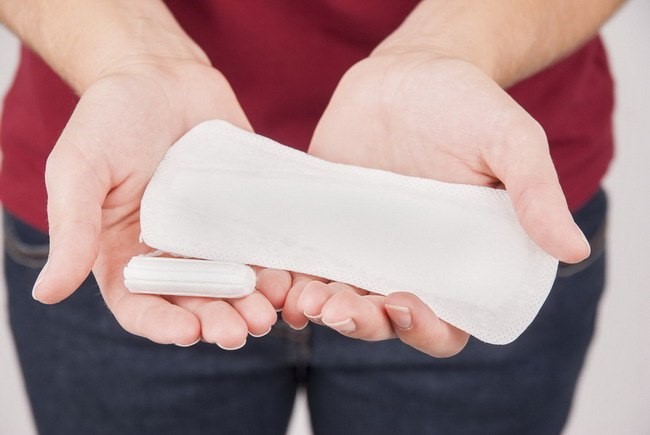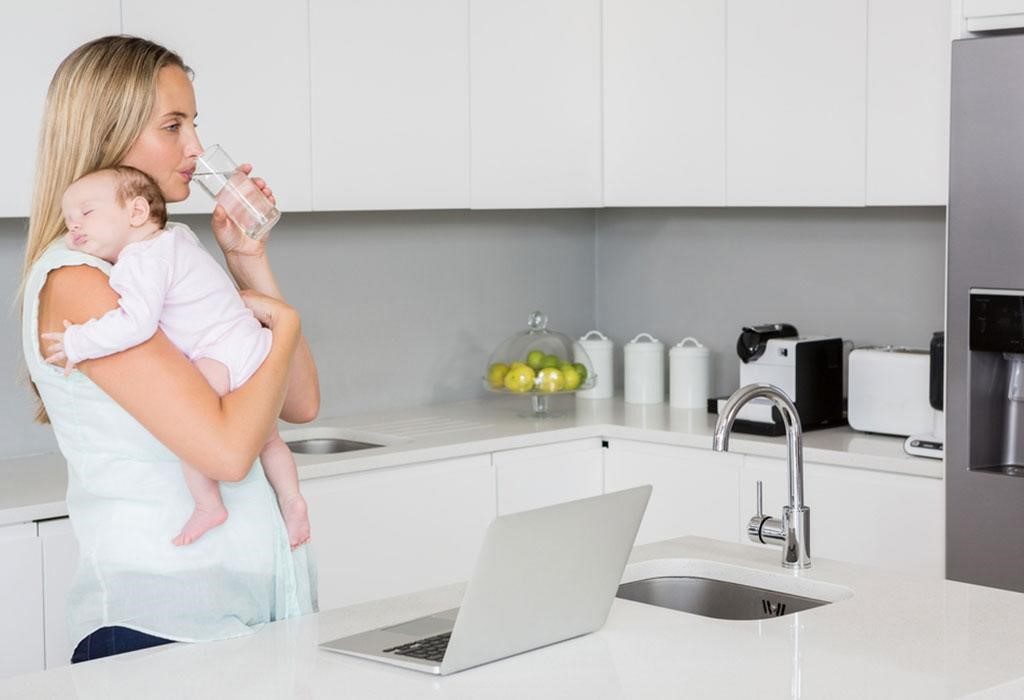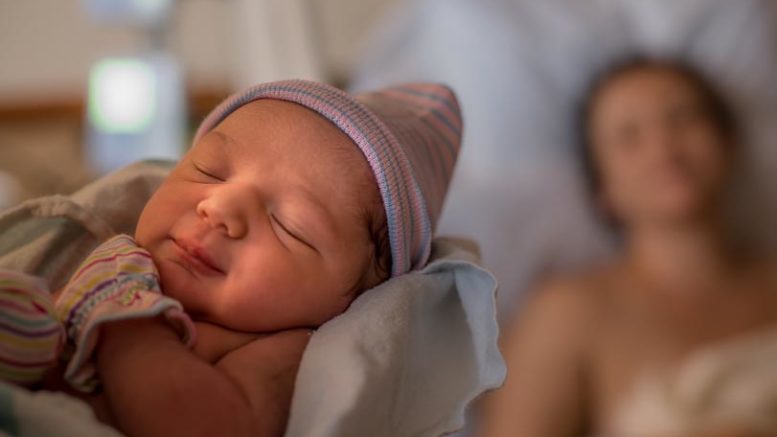“Giving birth is little more than a set of muscular contractions granting passage of a child. Then the mother is born”
– Erma Bombeck
The unbearable labor pain does not just give birth to an infant, but to a mother as well. The uterus contraction is one of the worst types of pain a woman can experience. But the very minutes she can see a little life in her lap, that same pain will fades away in a second.
For a mother, the struggle doesn’t end here, though. Once the baby is delivered, then comes dealing with the postpartum period which is frequently associated with a lot of health issues such as depression.
What is the Postpartum Period?
The postpartum period is the six weeks (minimum) or months (maximum) time duration after childbirth. During this period, the new mother experiences multiple physical and emotional changes which may turn into severe depression or anxiety.
Common Health Challenges Faced During The Postpartum Period
- Physical changes
- Irritation
- Sore breasts
- Acute constipation
- Weight loss
- Hot and cold flashes
- Depression
- Mood swings
- Baby blues
- Urinary incontinence
Here are 9 tips to avoid all these postpartum period physical and health issues
Use Warm Water
The chances of infection around the vagina increase after the child’s birth. And as the area between rectum and vagina is sore, it becomes difficult to clean it appropriately. In this case, use warm water to reduce the risk of irritation or infection.
Use Safe Body Care Products
When it comes to baby care products, the first brand hits our mind is ‘Johnsons and Johnsons.’ But what if this brand has been producing and selling harmful products? Yes, you read that right. J&J has been found guilty after numerous baby powder ovarian cancer lawsuits filed in the USA.
According to the reports, the baby powder had some elements of asbestos which may increase the risk of developing ovarian cancer in women. Due to this, a lot of American women have died leading to a storm of talcum powder lawsuits being filed against the giant brand- J&J.
Considering this, women now either prefer home remedies or herbal products like- Mamaearth, Zoe Organics, Pigeon, etc.
Say NO To Tampons & YES To Cotton Pads
Just after delivering a baby, a mother goes through lochia. It is a state when the uterine lining sheds. The situation is similar to menstruation. During this time, the chances of vagina catching infection due to unhygienic practices are high. Therefore, gynecologists suggest to go for cotton pads and change them every 3-4 hours.

Eat Healthy
As you are supposed to breastfeed your little bundle of joy, make sure you eat healthy and enough for both of you. Include grains, legumes, nuts, cereals, dairy products, fruits, and vegetables in your diet to build a good immunity system for you and your baby.
Sitz Bath
The unusual soreness around the vagina irritates for months and months to come. The best and most soothing way to deal with it is a sitz bath. It not just keeps you away from vaginal infections but helps you relax your body too. For the best results, you can add natural vaginal cleanser to the warm water. This will help kill any bacteria that may be present and prevent future infections.
Ice Packs To Sooth Pain
You may experience extreme pain and itching around or in the vagina. To cope with this without hurting yourself, use ice packs and keep them around the sore area.
Do Exercise and Meditation Regularly
It may seem next to impossible but squeeze in at least an hour to do cardio exercises and meditate to avoid frequent mood swings and anxiety. You can also do diastasis recti workouts to help you heal postpartum ab separation.
Stay Always Hydrated
Drink as much water as you can. It won’t just help you wave off postpartum dark patches on the face but will keep you energetic throughout the day.

Sleep Soundly every day
Babies sleep in the day-time so follow the simple rule – ‘sleep when your baby sleeps.’ Make sure to take at least 7-8 hours of sleep a day.
Note: Even after following a healthy and hygienic regime, if you still don’t feel good or bear constant headache then it is advisable to consult a gynecologist to the earliest.
Takeaway:
Only a mother is familiar with the joy and the pain behind giving birth to a new life. Both come with their own pros and cons. The struggle doesn’t end on delivering the baby instead a new hurdle begins afterward named ‘postpartum period’. This time duration usually lasts for 3-4 weeks where the new mother goes through mood swings, physical changes, headache, nausea, etc.
To treat these minor yet concerning health issues, the above-mentioned tips prove beneficial. Apart from following a healthy regime, a new mother must be concerned about using safe products for her and the baby as well.
